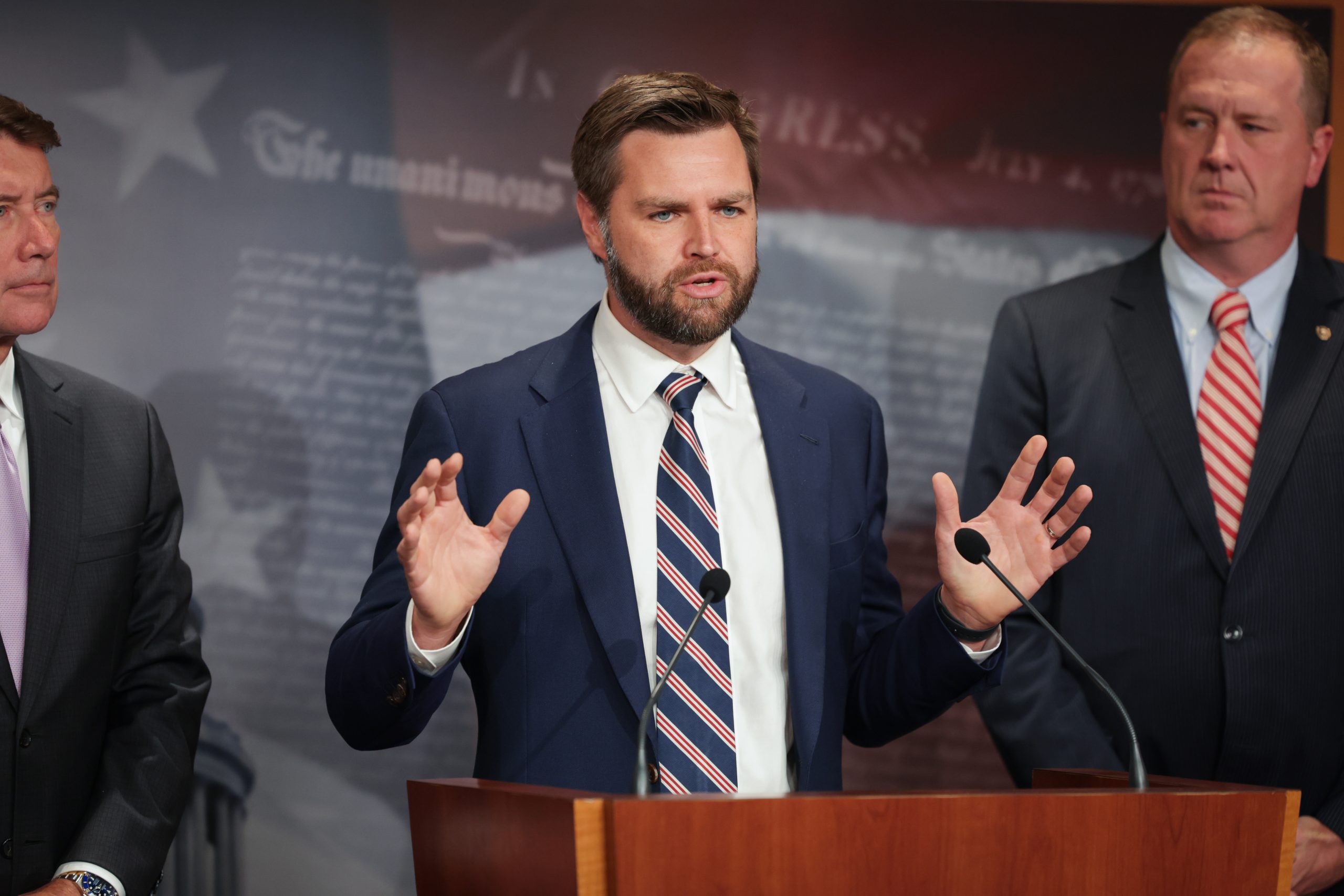
(Image credit: Tom's Hardware)
Intel CEO Pat Gelsinger has been frustrated with the U.S. government’s slow progress in providing Intel with its promised CHIPS Act funding. The New York Times shared recent interviews with Gelsinger and U.S. Secretary of Commerce Gina Raimondo about the CHIPS and Science Act.
The Biden-backed CHIPS Act represents $280 billion of funding for semiconductor manufacturing in the United States, giving the Commerce Dept. the ability to provide 10-figure grants and loans to companies like TSMC and Intel to supercharge a young U.S.-based chip industry. The Biden administration has promised Intel $8.5 billion in direct funding to build its new chipmaking fabs (plus $11 billion in loans and a 25% investment tax credit of up to $100 billion). Still, the company has not seen any of these funds so far.
Missing the funds is a problem for Intel, which is in turmoil due to $1.6 billion in losses in Q2 2024. Intel is cutting 15% of its workforce, representing 15,000 or more workers worldwide. Gelsinger has spent the past three months since the disastrous August earnings call restructuring his company and placating stockholders. He has become “frustrated” with the roadblocks the government has put in between Intel and its CHIPS Act funds.
“My simple message is, ‘Let’s get it finished,’” said Gelsinger in an interview. “There’s been renegotiations on both sides.” The U.S. government put some objectives between CHIPS Act recipients and their money, with milestones including completing building projects, securing customers, etc. “Obviously, with elections, you know, nigh in front of us, hey, we want this done,” said Gelsinger, with the possibility of a new presidential regime lighting a fire of urgency.
This reticence to give out CHIPS Act funding right away apparently stemmed from fears from the government that Intel specifically would not meet its promises. “[There is fear that] Intel is going to take chips money, build an empty shell of a factory and then never actually open it, because they don’t have customers,” said former Commerce Department official Caitlin Legacki.
Gelsinger’s tenure as CEO since 2021 has been marked by a desire to rebuild the company in a foundry-forward direction. One of the major forces behind lobbying for the CHIPS Act, Gelsinger also supercharged the Intel Foundry division, which, despite its extremely high costs, has been deemed crucial for Intel's long-term success. The foundry is set to be spun off into an independent subsidiary, with its overseas operations paused for the next two years while its U.S. facilities are prioritized.
According to reports from last month, Intel is set to receive its first round of CHIPS Act funds before the end of 2024. Gelsinger, as mentioned above, is anxious to receive funds before the election, and Qualcomm is reportedly waiting until the election to make a move on purchasing Intel assets.
https://www.tomshardware.com/tech-i...com&utm_medium=social&utm_campaign=socialflow

